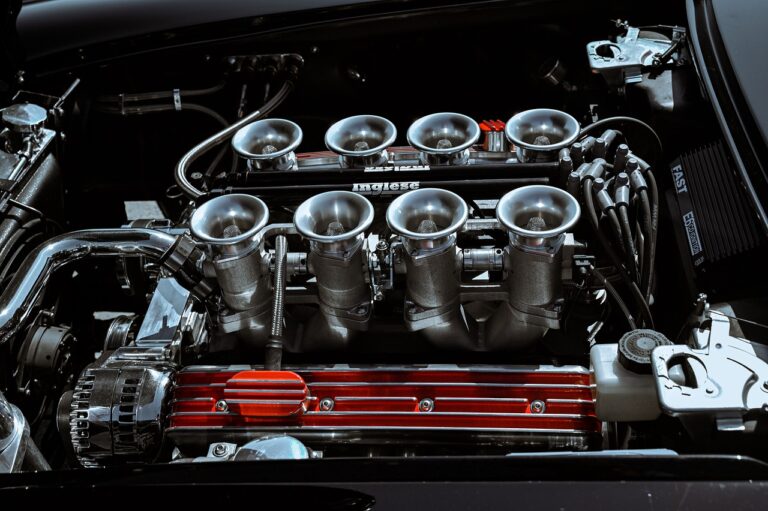Exploring the Integration of Blockchain in Vehicle Identity Verification
Blockchain technology is a decentralized, transparent digital ledger that securely records transactions across a network of computers. Each transaction, or block, is linked to the previous one, forming a chain. This chain of blocks provides a tamper-proof record of events, ensuring data integrity and security.
By removing the need for intermediaries or central authorities, blockchain enables peer-to-peer transactions, cutting costs and increasing efficiency. The technology has gained popularity beyond its original application in cryptocurrencies, with industries exploring its potential for streamlining processes, enhancing security, and improving transparency.
• Blockchain technology is a decentralized, transparent digital ledger
• Each transaction forms a block linked to the previous one
• Provides tamper-proof record of events for data integrity and security
• Enables peer-to-peer transactions by removing intermediaries or central authorities
• Cuts costs and increases efficiency in various industries beyond cryptocurrencies
Vehicle Identity Verification Challenges
One of the primary challenges associated with vehicle identity verification lies in the lack of a unified system for verifying and storing vehicle information. With multiple entities involved in the production, sale, and ownership of vehicles, the fragmented nature of existing databases often leads to discrepancies and inaccuracies in the data. This decentralized storage of information can make it difficult to ensure the authenticity and integrity of vehicle identities, creating potential loopholes for fraud and theft.
Another significant challenge in vehicle identity verification is the susceptibility of traditional methods to human error and tampering. Paper-based documents and physical certificates are vulnerable to being counterfeit or altered, compromising the reliability of the verification process. Additionally, manual data entry processes increase the risk of inaccuracies and inconsistencies, further complicating the task of accurately identifying and verifying vehicles. Addressing these challenges requires a more secure and automated system that can provide a tamper-proof and transparent record of a vehicle’s identity.
Benefits of Using Blockchain in Vehicle Identity Verification
Blockchain technology offers a secure and transparent platform for verifying vehicle identities. By utilizing blockchain for this process, individuals and organizations can ensure the authenticity of vehicle information without relying on intermediaries. The decentralized nature of blockchain also reduces the risk of data tampering or fraud, enhancing the overall trustworthiness of the verification process.
Furthermore, the use of blockchain in vehicle identity verification can streamline operations and reduce administrative costs. With all relevant information stored on an immutable digital ledger, the need for manual record-keeping and paperwork is significantly diminished. This not only saves time but also promotes efficiency in identity verification processes, benefiting both consumers and businesses in the automotive industry.
What is blockchain technology?
Blockchain technology is a decentralized, distributed ledger system that securely records transactions across multiple computers. It allows for transparent and immutable data storage.
What are some challenges in vehicle identity verification?
Some challenges in vehicle identity verification include the risk of fraud, unreliable data sources, and lack of interoperability between different systems.
How can blockchain help in vehicle identity verification?
Blockchain can help in vehicle identity verification by providing secure and tamper-proof records of a vehicle’s information, ensuring data integrity and reducing the risk of fraud.
What are some benefits of using blockchain in vehicle identity verification?
Some benefits of using blockchain in vehicle identity verification include increased transparency, enhanced security, improved data accuracy, and streamlined verification processes.
Is blockchain technology difficult to implement for vehicle identity verification?
While implementing blockchain technology for vehicle identity verification may require initial setup and integration with existing systems, the long-term benefits outweigh the initial challenges.







